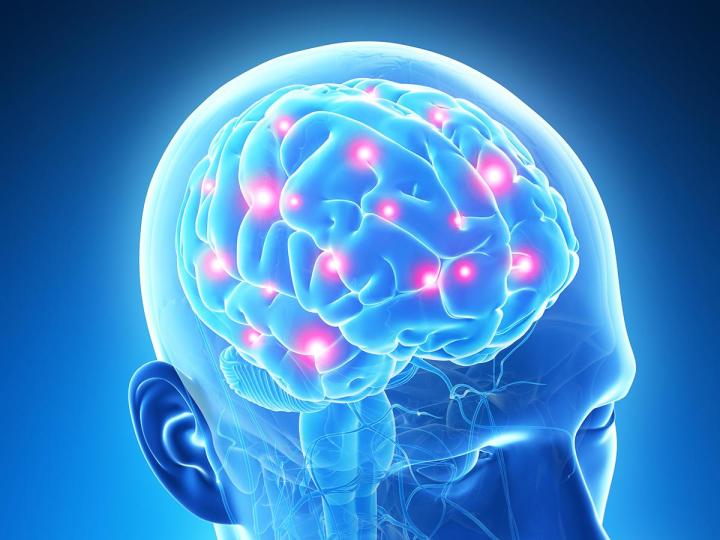
While Alzheimer’s can increasingly be managed, one of the big challenges of the disease is early diagnosis. MRI machines can be used to confirm advanced cases, but by the time the disease has reached this stage, brain tissue is gone and there is no way to restore it.
Could machine-learning tools be used to help detect and identify Alzheimer’s disease before it is currently possible to do so? That is the mission of researchers from VU University Medical Centre in Amsterdam, led by Dr. Alle Meije Wink.
In a newly published study, Wink and colleagues used machine-learning tools to recognize early patterns in a special type of MRI scan that shows how much blood is reaching different parts of the brain. The researchers analyzed information from 100 patients who likely have Alzheimer’s disease, 60 patients with mild cognitive impairment, 100 with subjective cognitive decline, and a control group of 26 healthy individuals. The machine-learning tool they created was not only able to classify existing patients based on their different levels of cognitive impairment, but was also able to predict Alzheimer’s disease in previously undetected cases.
“We envision our project leading to a tool to assist the neuroradiologist who assesses a scan by providing a predicted patient group label, ideally with a confidence indication, to help and speed up the diagnostic process,” Wink tells Digital Trends. “Furthermore, we think that multimodal data analyses, which integrate imaging data from multiple sources, can improve and enhance the classification by providing higher accuracies and more comprehensive backgrounds about the nature of the diagnosis.”
The end result could be an important advance in not only machine learning, but potentially life-altering research into Alzheimer’s, too.


